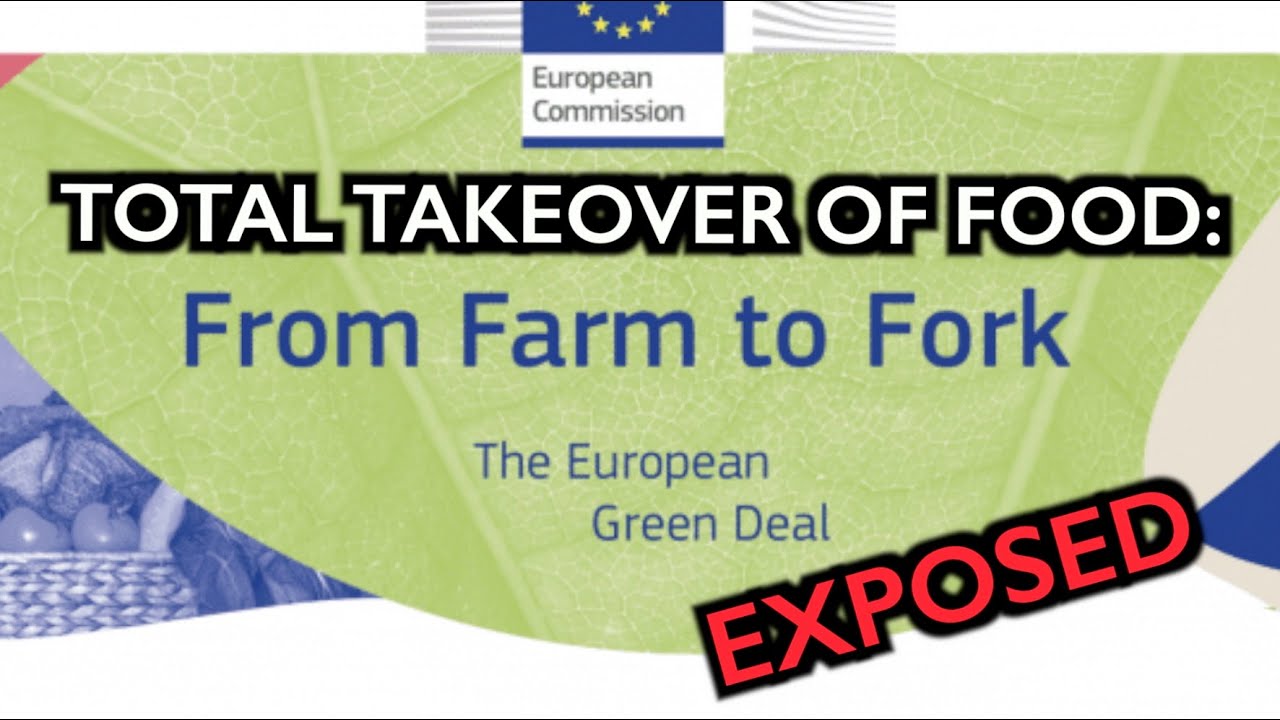The EU’s “Farm to Fork” strategy was unveiled May 25th, describing the necessary shift/transition in people’s diets to insects as protein and away from meat/dairy.
The EU promises to apply prohibitively high luxury taxes to meat and dairy, and has allocated €100s of billions to BOTH buy out traditional farmers to stop farming AND simultaneously fund robotic insect farms and lab-grown meat. Plus, they plan to refuse any trade deals unless partner countries are EQUALLY committed to “Green Alliances.”
Remember, the EU is unelected and controlled by bureaucrats in lock-step with international One-World globalists at the UN.
In case you don’t know of the UN’s Agenda 21 (for 2021 – it’s now being moved to 2030 as they failed to achieve their mission).
Agenda 21 is a 351-page document divided into 40 chapters that have been grouped into four sections – which look and sound idyllic but in reality it’s a massive power grab. It demands the removal of people into high-density cities, the “re-wilding” of rural areas and the destruction of farmland. We will eat more insects. We will transfer wealth to “poor” people and then make them live in squalor too. In Canada, it has already started. Dairy was entirely removed from the nutritional requirements. Everything is moving towards plant-based food recommendations – and from there to insects.
- Section I: Social and Economic Dimensions is directed toward combating poverty, especially in developing countries, changing consumption patterns, promoting health, achieving a more sustainable population, and sustainable settlement in decision making.
- Section II: Conservation and Management of Resources for Development includes atmospheric protection, combating deforestation, protecting fragile environments, conservation of biological diversity (biodiversity), control of pollution and the management of biotechnology, and radioactive wastes.
- Section III: Strengthening the Role of Major Groups includes the roles of children and youth, women, NGOs, local authorities, business and industry, and workers; and strengthening the role of indigenous peoples, their communities, and farmers.
- Section IV: Means of Implementation includes science, technology transfer, education, international institutions, and financial mechanisms.
